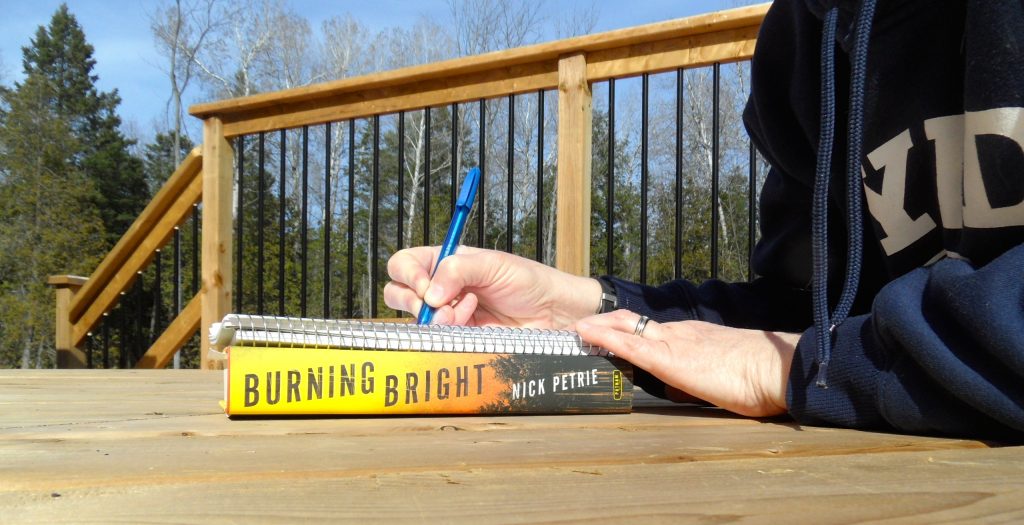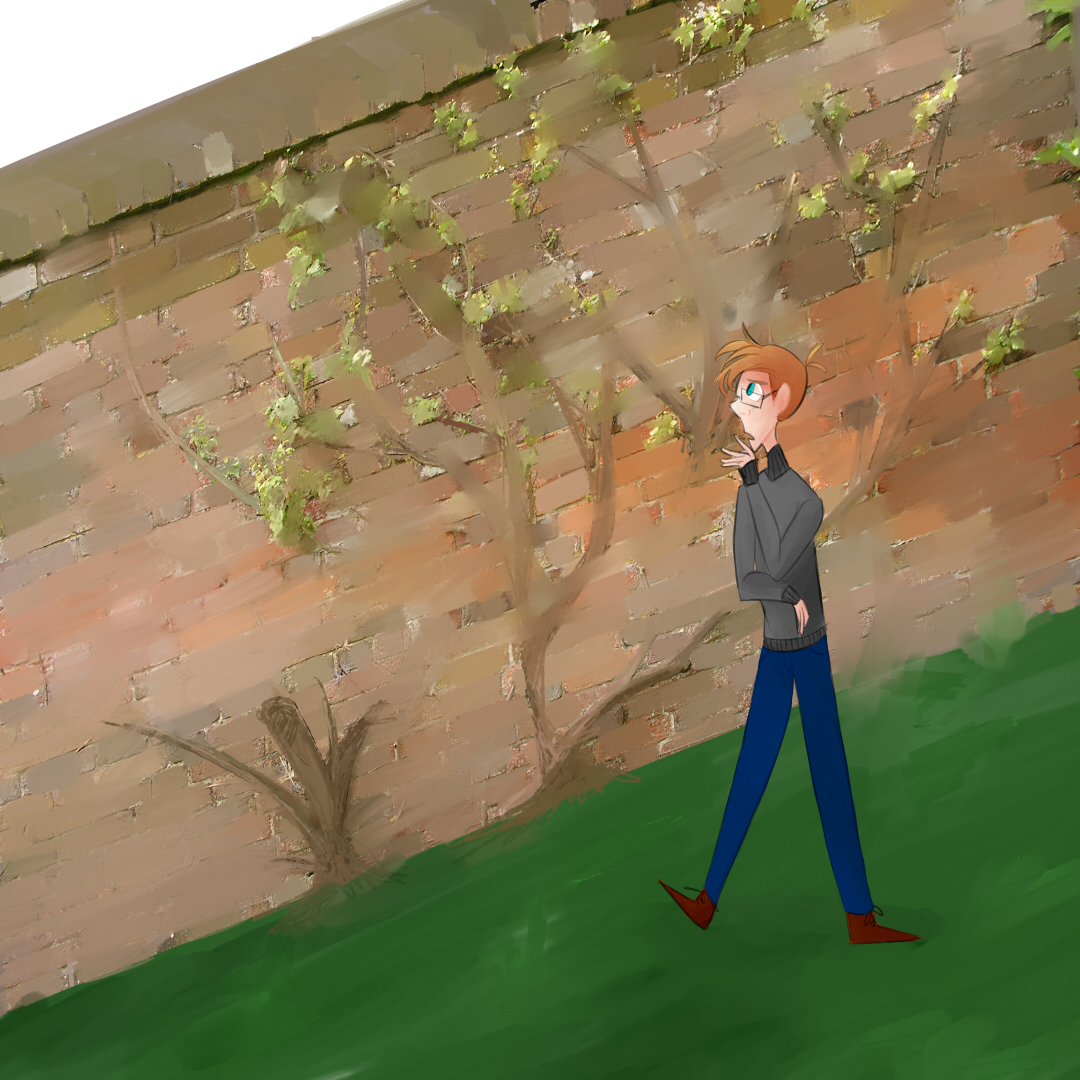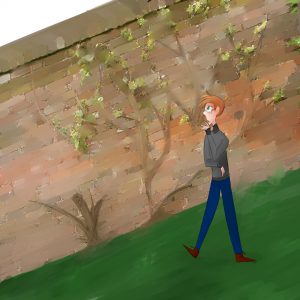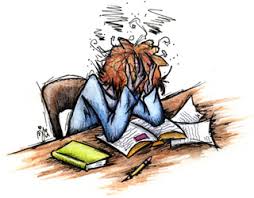I was recently at my mother’s reading a magazine with the title, How to increase Conflict. My mom looked at me with a strange expression and I realized how the title must look to the non-writer. Who wants to increase conflict? Of all the self-help books on the market, I doubt any of them have that title.
Most of our lives we try and avoid conflict and tense situations, but then we have to turn around and create them. This was a major issue that came up for me in my substantive edit: my main character was avoiding conflict. In a good-humoured way, my mentor did say she sees this a lot. Writers tend to avoid conflict in their own personal lives, and then do the same on the page. The good writers realize that’s where to get it all out, all the conflict they’ve been avoiding.
So my major re-write has me focusing on creating the right amount of conflict and tension in my novel. How much is too much? Depends on the story and the reader. Ultimately, there is no one answer. It’s a balancing act known as pacing, and only the reader will tell us if we get it right. And each reader is looking for something different.
But there are some guideposts to follow.
 When you’re perfect in every way
When you’re perfect in every way



 Early in my writing career, I was telling instead of showing. Recently, I discovered I’ve been showing through repetitive flashbacks and my writing has become predictable, often times reading like the chapters of a Biology textbook. Although my writing has a veterinary medical background, when I’m creating fiction, I need to alter my style to be sure my flashbacks serve their story telling purpose.
Early in my writing career, I was telling instead of showing. Recently, I discovered I’ve been showing through repetitive flashbacks and my writing has become predictable, often times reading like the chapters of a Biology textbook. Although my writing has a veterinary medical background, when I’m creating fiction, I need to alter my style to be sure my flashbacks serve their story telling purpose. Character in a book (or movie) is king for me (wait, queen?). If a character doesn’t reach out from the pages and grab me, I won’t enjoy the book and probably won’t even finish it. Because for me, a good story boils down to one simple truth: Story is what happens to a character. So if your character doesn’t rock your book, nobody’s going to care about the story.
Character in a book (or movie) is king for me (wait, queen?). If a character doesn’t reach out from the pages and grab me, I won’t enjoy the book and probably won’t even finish it. Because for me, a good story boils down to one simple truth: Story is what happens to a character. So if your character doesn’t rock your book, nobody’s going to care about the story.